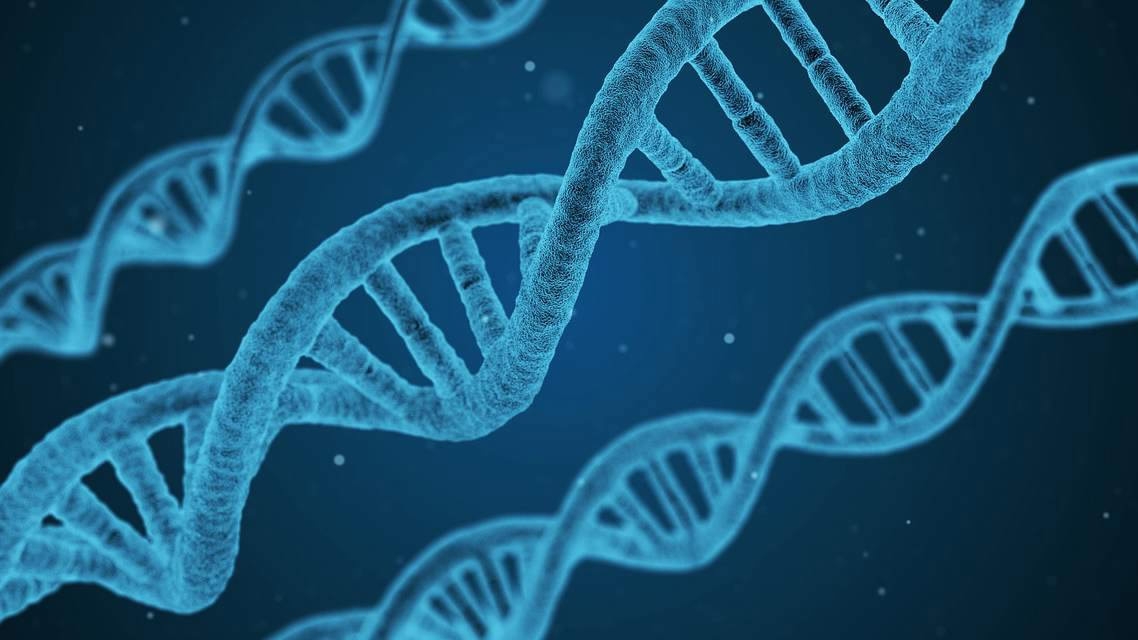
Tech & Sci
22:35, 11-Aug-2017
The US is not ready for the birth of genetically edited human: survey
CGTN

A new survey suggests that the United States may not yet be ready for the birth of a genetically edited human being.
This comes after US scientists successfully edited a human gene using the CRISPR genome editing tool.
In a forum, the team lead by research publication Science Today showed a selection of volunteers the effects that genome editing may cause on humans, such as higher IQ or changing eye color, and recorded their attitude.
Results showed that people were more open to human genome editing now than in 2016, when a survey said 68 percent were afraid of genome editing. However, this time round, people's reasons were more subtle and varied.
The survey showed that public acceptance to human genome editing varies according to the purpose of doing so, the impact on future generations, the knowledge the participants have about genome editing, and the religion of the participants. For instance, only 26 percent found it acceptable to be used to enhance germs, while 39 percent agreed that it could be used on body cells.

When it comes to the sperm of future generations, there is less consensus on the acceptance of genome editing. /Web Photo
When it comes to the sperm of future generations, there is less consensus on the acceptance of genome editing. /Web Photo
“There’s not a general, broad opposition to this technology,” co-author Dietram Scheufele told Science Today. "But the survey does show very clearly that, if you look at germline enhancement in particular, that’s where you see the majority of the public expressing concern.”
In addition to public opinion, the scientific community is equally unsure of this new technique. In February, the National Academy of Sciences published a report expressing support for genome editing for human reproductive purposes, but only in cases where no safer, existing options are available.
Ethical doubts also arouse, brought about by the fact that the technique may be prohibitively expensive for the majority of people. Other concerns include the welfare of the first genetically modified human babies, and how they will be treated by society.
(CGTN's intern Zhou Jingwen contributed to this story.)

SITEMAP
Copyright © 2018 CGTN. Beijing ICP prepared NO.16065310-3
Copyright © 2018 CGTN. Beijing ICP prepared NO.16065310-3